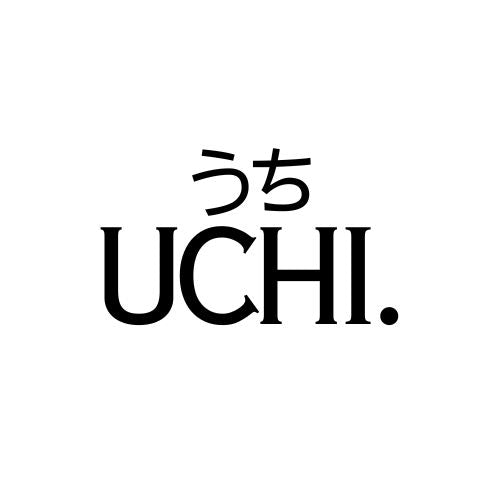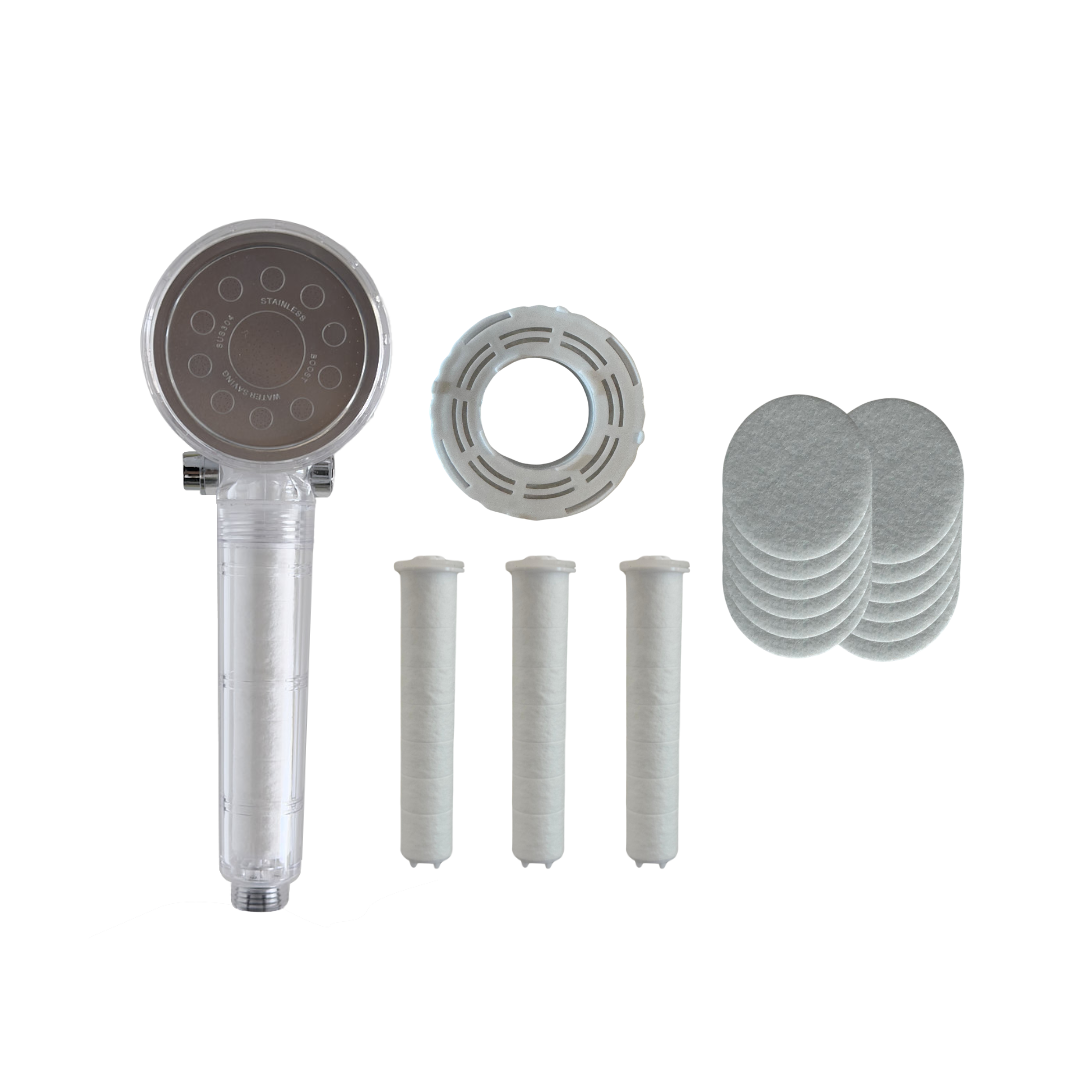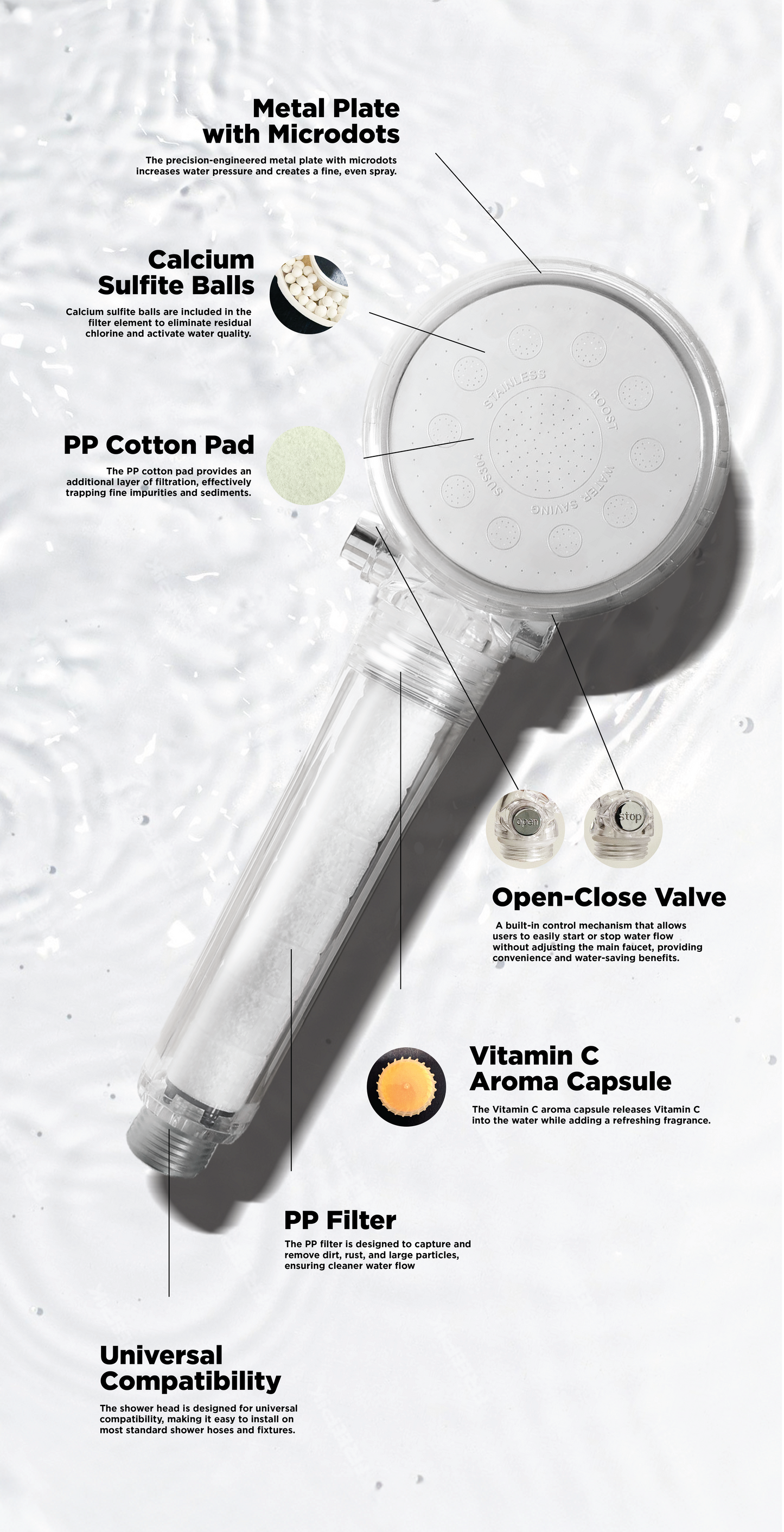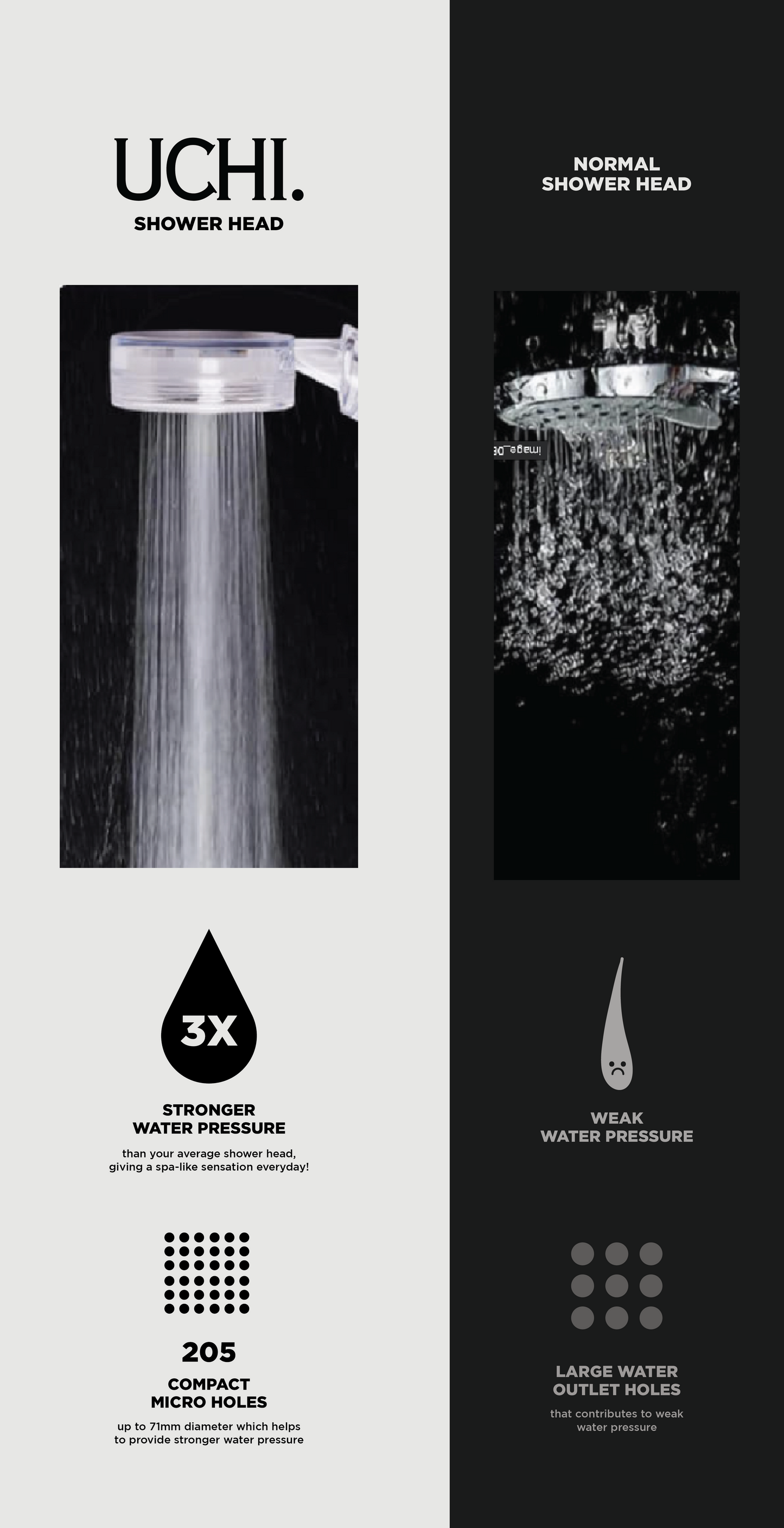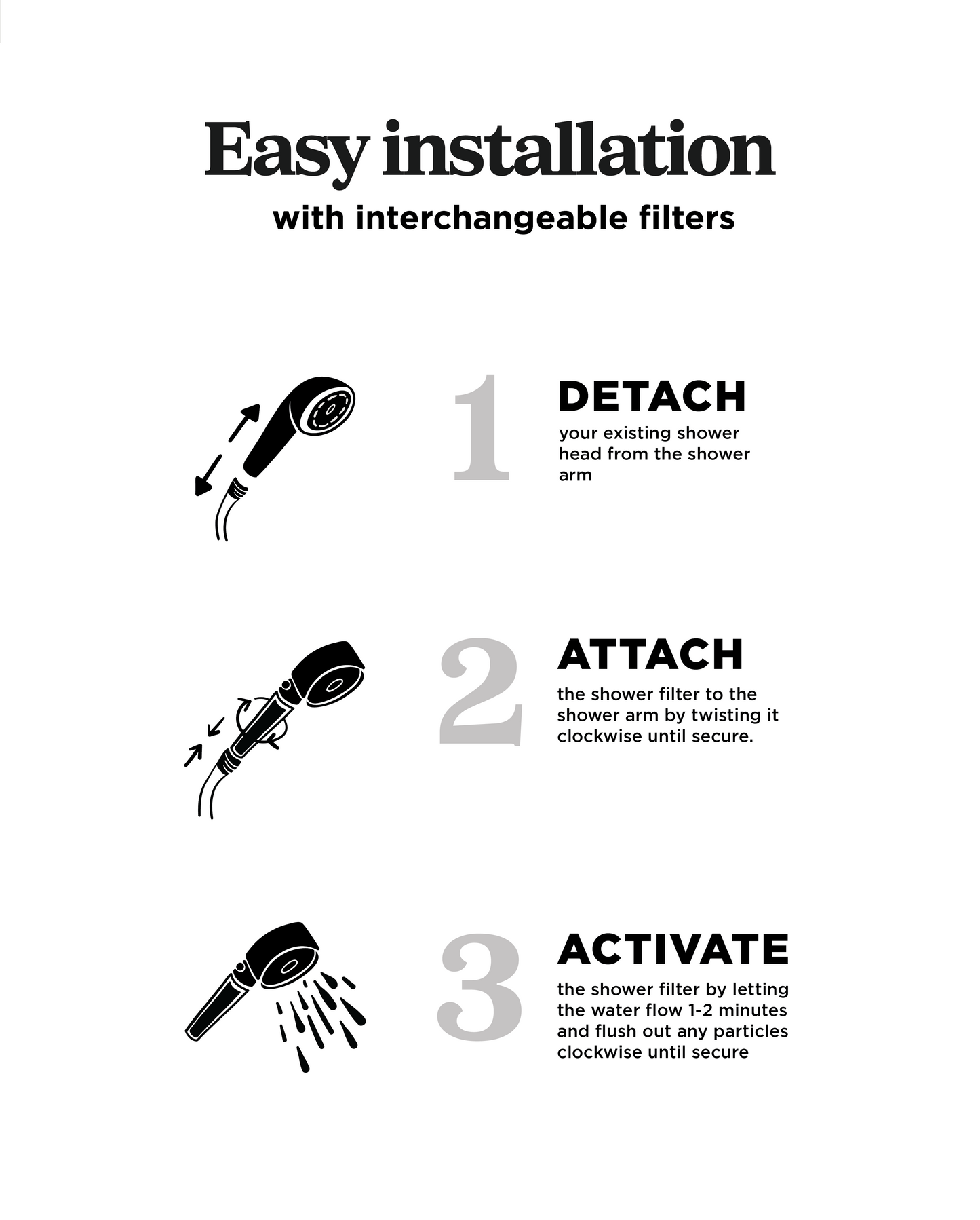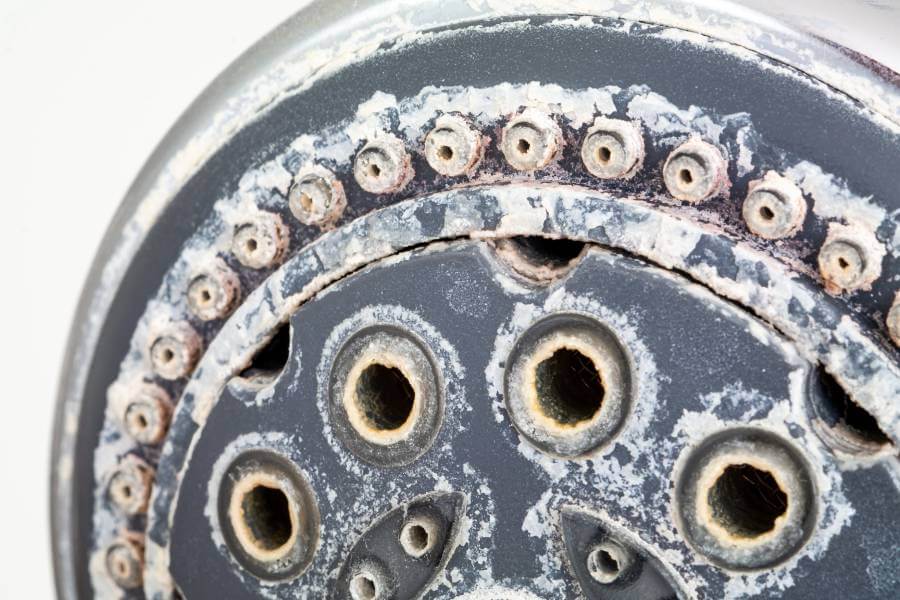
Hard Water vs. Soft Water in Malaysia: What You Need to Know
Share
Water quality is often overlooked, but its effects on skin, hair, appliances, and health are significant. In Malaysia, water hardness varies depending on location, with some areas experiencing issues like chlorine-heavy water, mineral buildup, and poor filtration. Understanding the differences between hard water and soft water can help Malaysian homeowners make informed decisions about their water supply.
What is Hard Water?
Hard water contains high levels of calcium and magnesium, which can cause visible residue on faucets, appliances, and shower surfaces. In Malaysia, while water hardness is moderate to high in certain areas—especially places that rely on limestone groundwater sources—most urban households receive treated water with high chlorine content instead of naturally occurring hard water.
Signs of Hard Water:
- Dry skin and brittle hair due to excessive minerals blocking moisture absorption.
- Soap scum and limescale buildup on shower doors, faucets, and sinks.
- Faster appliance wear and tear, leading to frequent maintenance of kettles, water heaters, and pipes.
What is Soft Water?
Soft water has been treated to remove calcium and magnesium, either through a natural process (like rainwater) or artificial means such as water softeners. While soft water makes cleaning easier and enhances hair and skin health, excessive softening can introduce higher sodium levels, which is a concern for those with hypertension.
Benefits of Soft Water:
- Gentle on Skin and Hair – Reduces irritation, dryness, and dandruff, making it ideal for individuals with eczema or sensitive skin.
- Protects Appliances and Plumbing – Minimizes mineral buildup, extending the lifespan of water heaters, washing machines, and kettles.
- Less Soap and Shampoo Needed – Enhances the effectiveness of personal care products, reducing overall usage and costs.
The Malaysian Water Quality Challenge
Unlike some Western countries where water hardness is a major issue, Malaysia’s primary concern is chlorinated water rather than naturally hard water. High chlorine exposure can lead to:
- Dry, itchy skin – Prolonged chlorine exposure strips natural oils from the skin, worsening conditions like eczema.
- Weak, brittle hair – Chlorine affects hair cuticles, leading to frizziness, breakage, and color fading (especially for dyed hair).
- Potential long-term health risks – Some studies suggest that excessive chlorine in water may contribute to respiratory issues and skin sensitivity most Malaysians receive treated municipal water, addressing chlorine exposure should be a priority for maintaining healthy skin, hair, and overall well-being.
Why a Shower Head Filter is Essential for all Malaysian Homes
Given Malaysia’s humid climate, many people shower multiple times a day. Repeated exposure to chlorine, sediments, and other water impurities can lead to cumulative skin and hair damage. A Shower Head Filter effectively:
✔ Reduces chlorine levels to protect skin and hair from dryness.
✔ Filters out sediment and impurities, preventing clogged pores and skin irritation.
✔ Maintains optimal water pressure while providing cleaner, healthier water.
✔ Easy to install – Perfect for renters, homeowners, or anyone moving into a new home.
Upgrade Your Shower Experience Today
Want to experience softer, healthier skin and hair? Invest in a high-quality UCHI Shower Head Filter today! Our UCHI Shower Head Filter are designed for Malaysian homes, fitting standard shower connections and ensuring optimal water purification.
👉 Shop now and enjoy a refreshing, chlorine-free shower experience!
References:
- Healthline. (2019). Hard Water vs. Soft Water: Which One is Healthier? Retrieved from Healthline
- Malaysian Ministry of Health. (2021). Water Quality Standards in Malaysia. Retrieved from MOH
- National Institutes of Health. (2020). Effects of Chlorinated Water on Skin and Hair. Retrieved from NCBI
